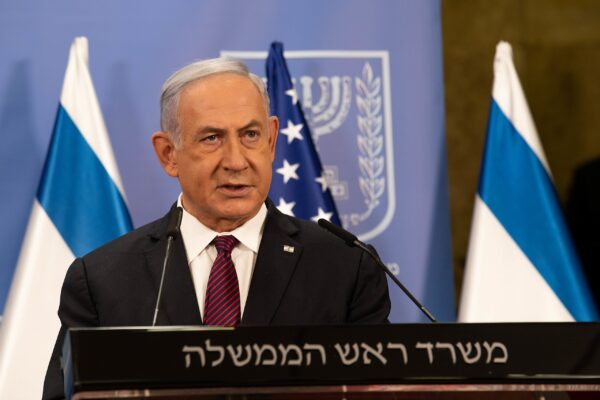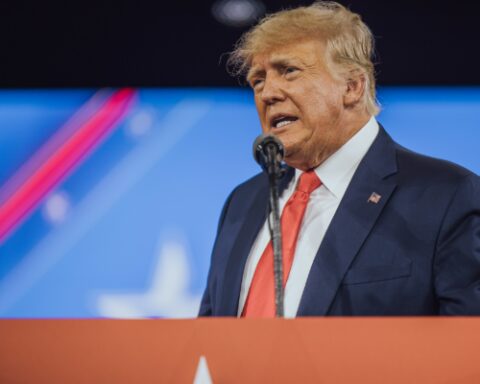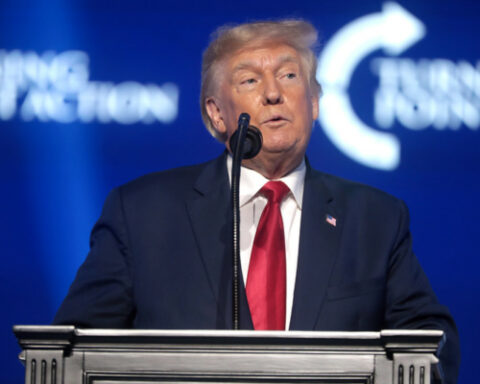Tuesday’s meeting between Israeli Prime Minister Benjamin Netanyahu and President Trump in the Oval Office is reportedly anticipated to focus mostly on the future of the fragile cease-fire in Gaza.
Trump would win diplomatically if Netanyahu agreed to negotiate an extension and possibly a permanent halt to hostilities.
This could also result in the release of some Americans and other hostages who are still held.
Netanyahu, whose government is split on whether the Israeli military campaign in Gaza should be ended with Hamas severely weakened but not destroyed, faces a struggle in putting an end to the 16-month-old war.
Given the significant stakes, the discussions may offer a preliminary assessment of the condition of the occasionally cautious Trump-Netanyahu relationship.
Netanyahu was in Washington on Monday, postponing a decision to engage with Hamas until after his meeting with Trump.
Indirect negotiations to prolong the 42-day fighting ceasefire were scheduled to start in Qatar on Monday.
However, he has also shown determined to avoid allowing the Gaza conflict to run on, stumbling his presidency in drawn-out talks as the Biden administration did.
Trump is expected to make this point clear on Tuesday, according to observers.
The cease-fire deal was reached prior to Trump’s inauguration, and he claimed credit for helping to broker it. In order to rebuild Gaza, he has proposed relocating the more than two million Palestinians living there.
While far-right Israeli lawmakers have applauded this notion, Arab states have rejected it.
According to military analysts, Netanyahu has stated that he is ready to resume fighting in Gaza and that the IDF is working to further cut off Hamas from the general populace.
Many members of his ruling coalition and his own Likud party are pressuring him to reject a total cessation of hostilities.
However, if Trump pledges to reduce Iran’s regional power and stop the regime from developing into a nuclear weapons state—a goal that would necessitate further U.S. economic pressure and maybe military action—he might be open to extending the cease-fire.
[READ MORE: Senator Mark Kelly Claims Deporting Illegals is a ‘Really Bad Idea’]





